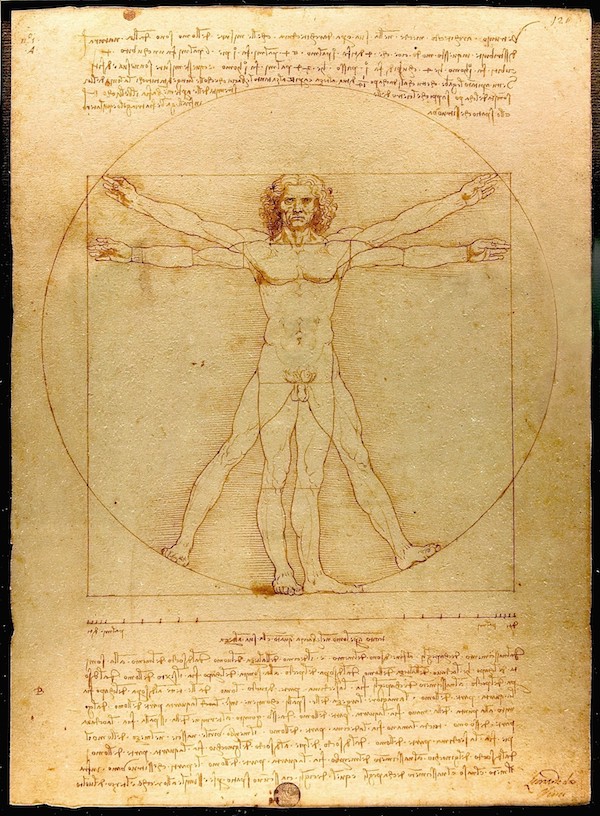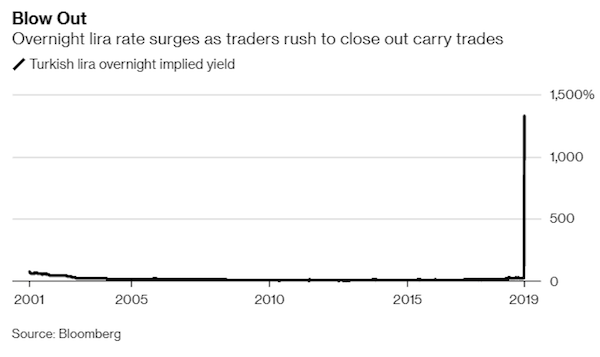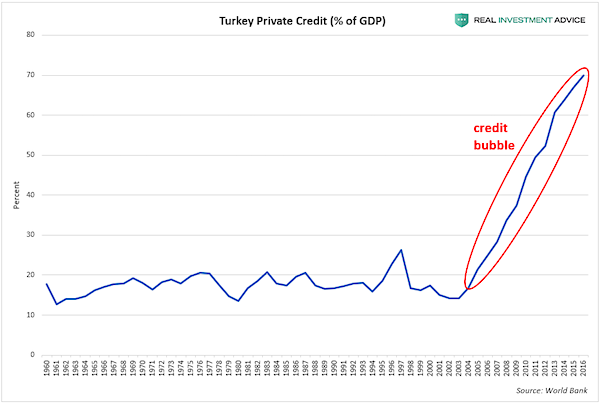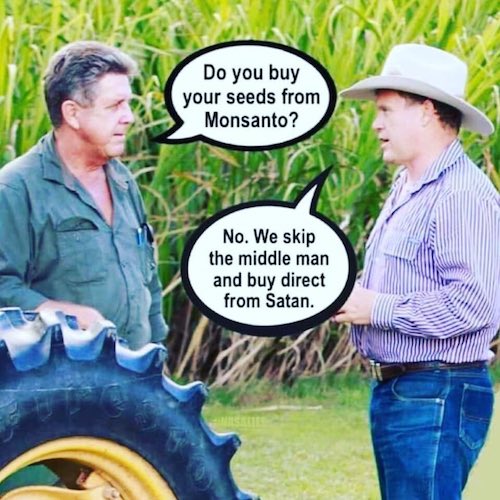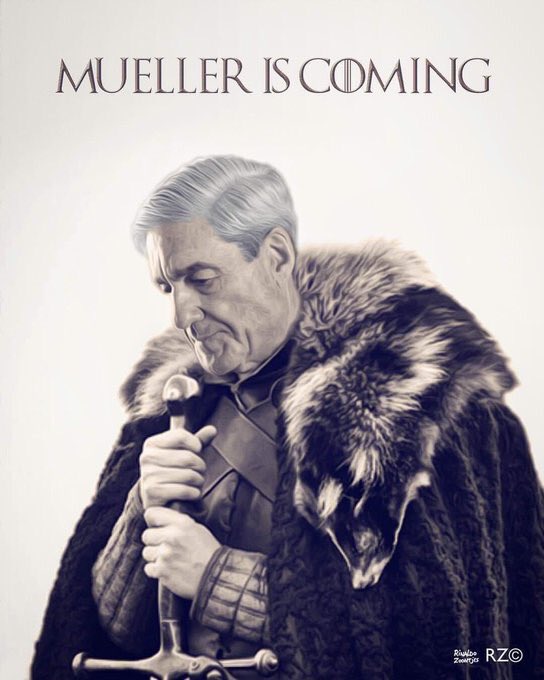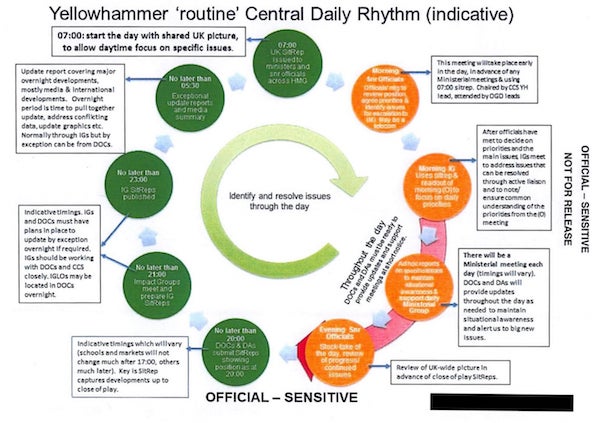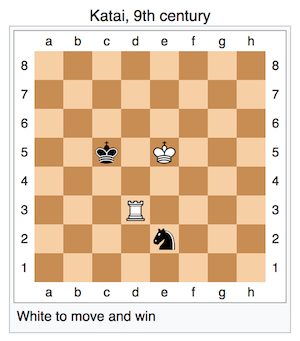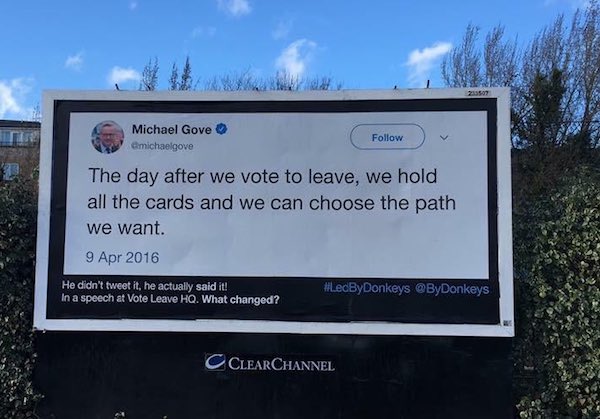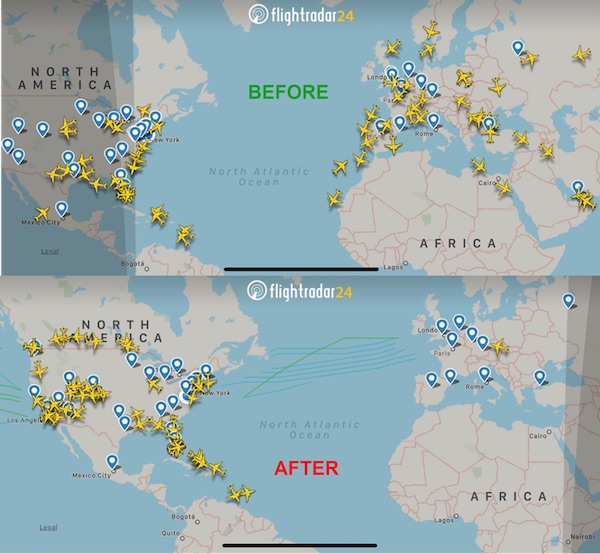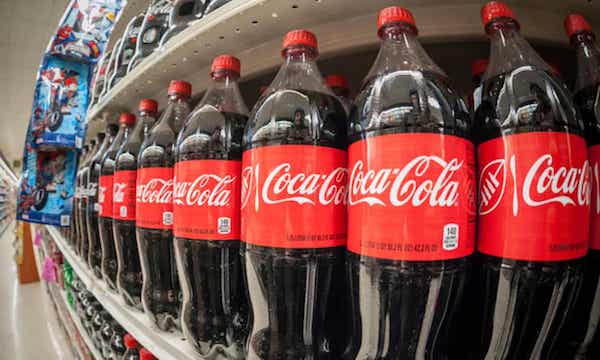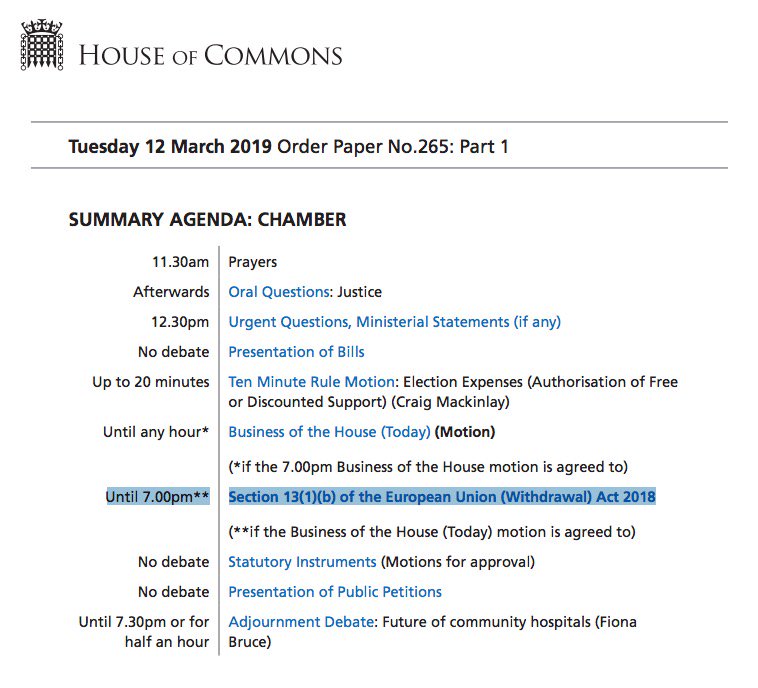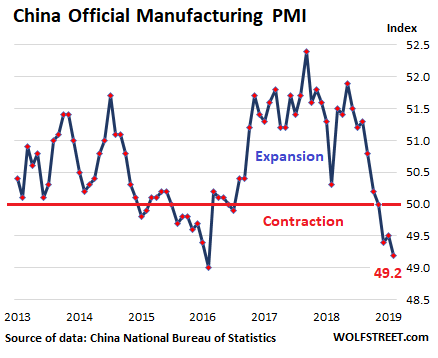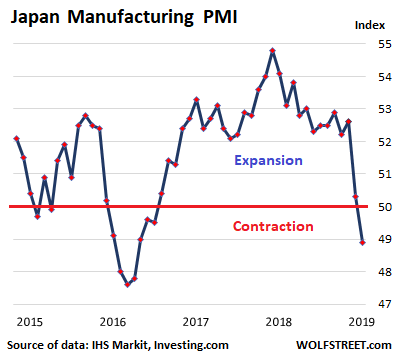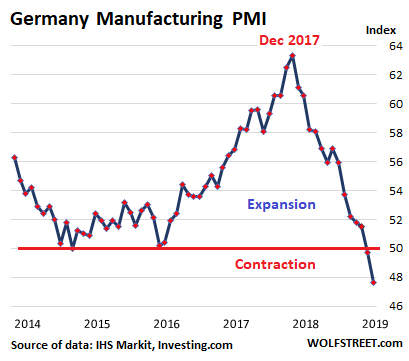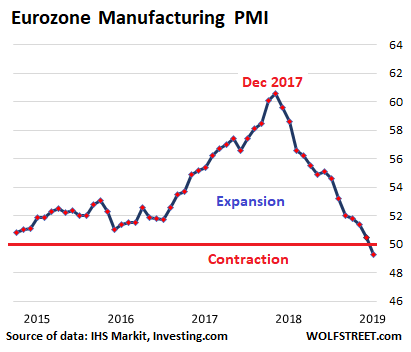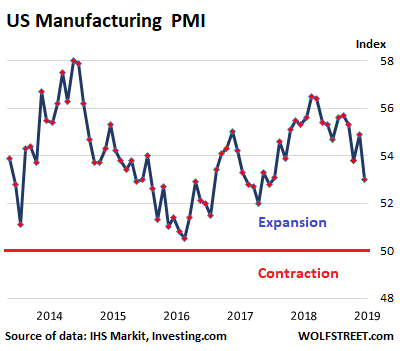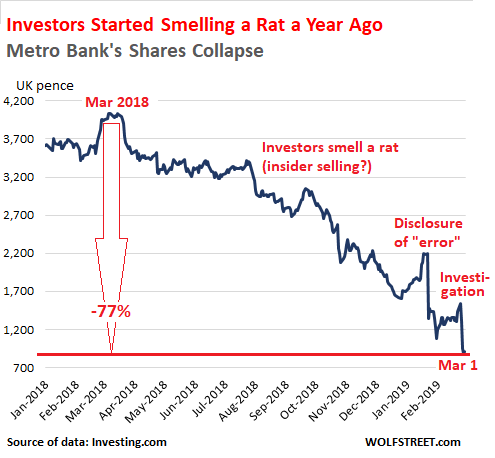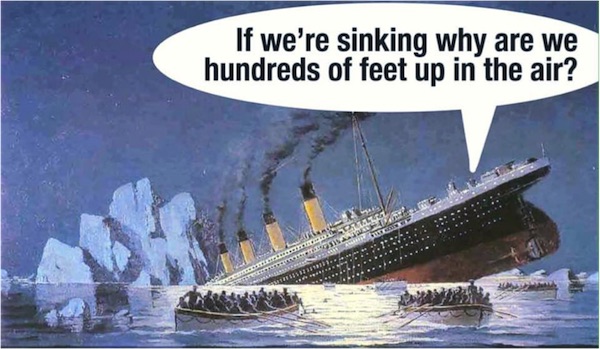
Pablo Picasso Glass, bread and cheesee 1923

This should be the only topic left on all media and political agendas. Instead, everyone’s talking about music awards. Mankind had its promises, but they came with fatal flaws. The ability to lie to ourselves and others -including about the relative importance of various events- is doing us in.
We do have the brain structure to foresee future dangers, but also to discard them. We can see ourselves do things we know are devastatingly stupid, but we cannot stop ourselves from doing them. In the end, no matter how smart we think we are, only stupidity is left.
Even here, when people talk about the collapse of nature, the media present it as something separate from us. While we’re right in the middle of it, and we know it only too well.
• Plummeting Insect Numbers ‘Threaten Collapse Of Nature’ (G.)
The world’s insects are hurtling down the path to extinction, threatening a “catastrophic collapse of nature’s ecosystems”, according to the first global scientific review. More than 40% of insect species are declining and a third are endangered, the analysis found. The rate of extinction is eight times faster than that of mammals, birds and reptiles. The total mass of insects is falling by a precipitous 2.5% a year, according to the best data available, suggesting they could vanish within a century. The planet is at the start of a sixth mass extinction in its history, with huge losses already reported in larger animals that are easier to study. But insects are by far the most varied and abundant animals, outweighing humanity by 17 times. They are “essential” for the proper functioning of all ecosystems, the researchers say, as food for other creatures, pollinators and recyclers of nutrients.
Insect population collapses have recently been reported in Germany and Puerto Rico, but the review strongly indicates the crisis is global. The researchers set out their conclusions in unusually forceful terms for a peer-reviewed scientific paper: “The [insect] trends confirm that the sixth major extinction event is profoundly impacting [on] life forms on our planet. “Unless we change our ways of producing food, insects as a whole will go down the path of extinction in a few decades,” they write. “The repercussions this will have for the planet’s ecosystems are catastrophic to say the least.” The analysis, published in the journal Biological Conservation, says intensive agriculture is the main driver of the declines, particularly the heavy use of pesticides. Urbanisation and climate change are also significant factors.
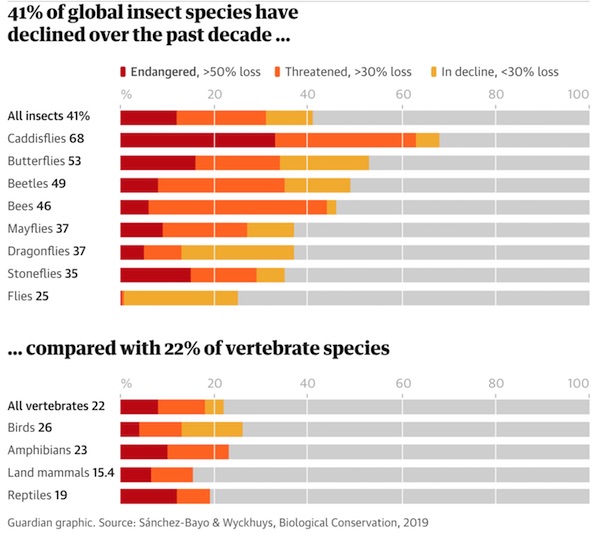
“If insect species losses cannot be halted, this will have catastrophic consequences for both the planet’s ecosystems and for the survival of mankind,” said Francisco Sánchez-Bayo, at the University of Sydney, Australia, who wrote the review with Kris Wyckhuys at the China Academy of Agricultural Sciences in Beijing. The 2.5% rate of annual loss over the last 25-30 years is “shocking”, Sánchez-Bayo told the Guardian: “It is very rapid. In 10 years you will have a quarter less, in 50 years only half left and in 100 years you will have none.” One of the biggest impacts of insect loss is on the many birds, reptiles, amphibians and fish that eat insects. “If this food source is taken away, all these animals starve to death,” he said. Such cascading effects have already been seen in Puerto Rico, where a recent study revealed a 98% fall in ground insects over 35 years.
[..] “The main cause of the decline is agricultural intensification,” Sánchez-Bayo said. “That means the elimination of all trees and shrubs that normally surround the fields, so there are plain, bare fields that are treated with synthetic fertilisers and pesticides.” He said the demise of insects appears to have started at the dawn of the 20th century, accelerated during the 1950s and 1960s and reached “alarming proportions” over the last two decades. He thinks new classes of insecticides introduced in the last 20 years, including neonicotinoids and fipronil, have been particularly damaging as they are used routinely and persist in the environment: “They sterilise the soil, killing all the grubs.” This has effects even in nature reserves nearby; the 75% insect losses recorded in Germany were in protected areas.
The world must change the way it produces food, Sánchez-Bayo said, noting that organic farms had more insects and that occasional pesticide use in the past did not cause the level of decline seen in recent decades. “Industrial-scale, intensive agriculture is the one that is killing the ecosystems,” he said. [..] “When you consider 80% of biomass of insects has disappeared in 25-30 years, it is a big concern.”
Read more …

“It’s refreshing to hear Lagarde say “we have no idea”. The IMF should say that every month.”
• IMF Cuts 2019 Global Growth Forecasts Again: “We Have No Idea” (Mish)
For the fourth time since October, the IMF revised its global growth forecast lower. The Wall Street Journal reports IMF Lowers 2019 Global Growth Forecast. “The global economy is starting the year on weaker footing, according to new quarterly forecasts from the International Monetary Fund.” That report was on January 21. For details, see the IMF’s World Economic Outlook Update, January 2019.
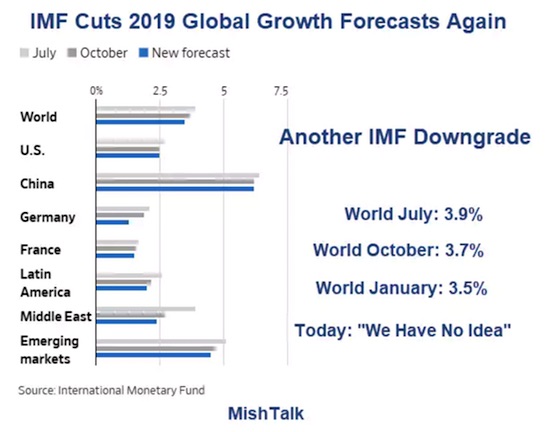
“Last month, the IMF lowered its global economic growth forecast for this year from 3.7% to 3.5%. Lagarde cited what she called “four clouds” as the main factors undermining the global economy and warned that a “storm” might strike. The risks include “trade tensions and tariff escalations, financial tightening, uncertainty related to (the) Brexit outcome and spillover impact and an accelerated slowdown of the Chinese economy”, she said. Lagarde said trade tensions — mainly in the shape of a tariff spat between the United States and China, the world’s two biggest economies – are already having a global impact. “We have no idea how it is going to pan out and what we know is that it is already beginning to have an effect on trade, on confidence and on markets,” she said, warning governments to avoid protectionism.”
“Lagarde also pointed to the risks posed by rising borrowing costs within a context of “heavy debt” racked up by governments, firms and households. “When there are too many clouds, it takes one lightning (bolt) to start the storm,” she said.” The IMF is perpetually far behind the curve. It never sees the clouds or the lightening bolts in real time. It’s refreshing to hear Lagarde say “we have no idea”. The IMF should say that every month.
Read more …

As if things are not bad enough. Get out while you can.
• UK Public Services Face Post-Brexit Squeeze (R.)
Many British public services risk ongoing real-terms cuts for years to come, despite a softer fiscal stance from Chancellor Philip Hammond, a major think tank predicted ahead of a half-yearly budget update next month. The Institute for Fiscal Studies (IFS) expects Hammond to give more details of the money available for a multi-year review of public spending when he updates budget plans on March 13, just two weeks before Britain is due to leave the European Union. In his annual budget in November, Hammond loosened the government’s purse-strings, giving support to the economy as it slowed ahead of Brexit. However, rising healthcare spending leaves little spare for other public services, the IFS said.
“This suggests yet more years of austerity for many public services — albeit at a much slower pace than the last nine years,” IFS research economist Ben Zaranko said. Public services outside of health, defence and overseas aid saw budgets fall by an average of 3 percent a year in real terms after 2010, and now look set for declines of 0.4 percent a year in inflation-adjusted terms going forward, the IFS predicts. [..] “In the short run … government might well raise spending to support the economy, mitigate the impacts for the worst-hit sectors or areas and provide funding to departments now required to perform additional functions, notably at the border,” the IFS said. In the long run, higher taxes or further spending cuts would be required to pay for this spending, as well as to compensate for weaker growth caused by trade restrictions, the IFS added.
[..] Brexit uncertainty has damaged the economy already and will slow growth further over the long term, even with a deal. Last week the Bank of England estimated the costs to date at 1.5 percent of GDP — more than the forecast budget deficit for 2018/19. During 2016’s referendum campaign, Brexit supporters including former foreign minister Boris Johnson said leaving the EU would free as much as 350 million pounds a week to spend on public services such as healthcare.
Read more …

OK, where are the street fighting men?
• Theresa May Rejects Corbyn’s Ideas For A Compromise Brexit Plan (G.)
Theresa May has effectively ruled out Labour’s ideas for a compromise Brexit plan, shutting off another potential route to a deal as business groups warned that with less than 50 days to go the departure process was entering the “emergency zone”. The prime minister’s formal response to Jeremy Corbyn’s proposal, in a letter to the Labour leader, stressed her objections to keeping the UK in some form of customs union, saying this would prevent the UK making its own trade deals. But in an apparent renewed bid to win over wavering Labour MPs, May made a concession on environmental and workers’ rights, discounting Corbyn’s idea of automatic alignment with EU standards but suggesting instead a Commons vote every time these change.
The letter comes amid a growing presumption that while May remains officially committed to putting a revised Brexit plan to MPs as soon as possible, in practice this is unlikely to happen before the end of February, if not later. The communities secretary, James Brokenshire, said on Sunday that if no finalised deal were put to the Commons by 27 February, MPs would again be given an amendable motion to consider, allowing them to block a no-deal departure or make other interventions. “If the meaningful vote has not happened, so in other words things have not concluded, then parliament would have that further opportunity by no later than 27 February,” he told BBC1’s Andrew Marr Show.
May remains officially committed to getting the EU to agree to significant changes to the Irish border backstop as a way of winning over the DUP and agitated Tory backbenchers who helped bring about the heavy defeat of her plan. But with the PM’s meetings in Brussels last week yielding no real hope of this, there had been speculation she might embrace suggestions from Corbyn, who last week outlined five commitments Labour needed for it to back a deal, including joining a customs union. In her letter May argued that her own Brexit plan “explicitly provides for the benefits of a customs union” in terms of avoiding tariffs, while allowing “development of the UK’s independent trade policy beyond our economic partnership with the EU”. She wrote: “I am not clear why you believe it would be preferable to seek a say in future EU trade deals rather than the ability to strike our own deals?”
Read more …

“..she successfully took another four days off the clock.”
• May Rejects Corbyn’s Customs Union Offer, What’s Next? (Mish)
On February 6, Labour Leader Jeremy Corbyn offered UK Prime Minister Theresa May a Customs Union Deal in which the Labour party would back a deal with May. She could have easily rejected Corbyn’s offer on the spot. Instead, she successfully took another four days off the clock. Today we see, May Rejects Corbyn’s Offer as Businesses Warn of Brexit Cliff Edge. She wrote: “I am not clear why you believe it would be preferable to seek a say in future EU trade deals rather than the ability to strike our own deals?” Great Question! Actually, the question itself is not great. May could have just as easily asked anything else. Thus, the question was irrelevant.
The importance is Corbyn now has to respond. How long will that take? Even if it’s a single day, that another day off the March 29 Brexit clock. Theresa May has effectively splintered the Labour party. Some want a new referendum, some want Brexit, and some want a custom’s union. Corbyn is now a clear loser in May’s tactics. The other side of May’s gambit is the Tories are now united. They still do not want her deal. [..] The biggest fear for the Tories was a new election. May’s gambit remains what it has always been, to play on the fears of both sides such that they would support her silly deal. While May succeeded on one front, she categorically failed on another. She now needs to win over DUP and splinter the Tories. If she can do that, then she wins. Meanwhile, the clock is running down.
Read more …

There are many more ways than these.
• All The Ways Gen X Is Financially Wrecked (MW)
Reality bites. While millennials garner much of the negative press around financial issues — they live with their parents because they can’t get jobs! They spend all their money on avocado toast! — Gen Xers may be the ones who are really in trouble. Just 16% of Gen Xers say that they included financial planning in their 2019 goals, according to a recent survey from Allianz Life. That’s compared with 27% of millennials. And when asked what 2019 resolution they were most likely to make, and to keep, just 38% mentioned managing money better and saving more; meanwhile 50% of millennials said that. That lack of planning and goal-keeping could make a bad situation worse — as Gen X may already be financially worse off than other generations in a number of ways.

They’ve got the most credit card debt of anyone — yet still spend more than anyone on non-essentials. Members of Gen X have higher levels of credit card debt — which tends to carry a higher interest rate than most other debt — than other generations. Indeed, credit card debt levels peak between the ages of 45-54 at $9,096, with the second highest levels of debt being or those who are 35-44 at $8,235. Meanwhile, the under 35 set has just $5,808. “Millennials and individuals over 74 years old held the least credit card debt. These two groups are also among the least likely to have a credit card, which can serve as a potential explanation behind the trend we are seeing here,” ValuePenguin explains of their data.
Read more …

Don’t do it, Elizabeth. Dumb move.
• Warren: Trump Might Not Be President Or ‘Even A Free Person’ In 2020 (MW)
Back in Iowa as a full-fledged presidential candidate, Democrat Elizabeth Warren took aim at President Donald Trump on Sunday, saying he “may not even be a free person” by next year’s election. The Massachusetts senator’s comments came a day after Trump renewed his criticism of her past claims of Native American heritage. In a tweet, Trump called Warren “Pocahontas” and said he would see her “on the campaign TRAIL.” The White House didn’t explain what the president was referring to in his tweet, though some Democrats accused him of making light of the Trail of Tears — the forced removal of Cherokee and several other Native American tribes from their lands in the 1830s. Warren’s campaign wouldn’t say what the senator believes Trump was referencing.
Warren has largely avoided talking about Trump since she began testing the waters for a campaign more than a month ago. During her first of three events Sunday in eastern Iowa, Warren said the president shouldn’t be allowed to dictate the direction of the campaign with divisive attacks. “Every day there is a racist tweet, a hateful tweet — something really dark and ugly,” she said. “What are we as candidates, as activists, as the press, going to do about it? We’re going to chase after those every day?” She continued: “Here’s what bothers me. By the time we get to 2020, Donald Trump may not even be president. In fact, he may not even be a free person.”
Read more …

Orban’s success: “..a labour shortage means jobs cannot be filled.”
• Viktor Orbán: No Income Tax For Hungarian Women With Four Or More Children (G.)
Hungary’s populist prime minister, Viktor Orbán, has promised that women who have four or more children will never pay income tax again, in a move aimed at boosting the country’s population. Orbán, who has emerged as Europe’s loudest rightwing, anti-immigration voice in recent years, said getting Hungarian families to have more children was preferable to allowing immigrants from Muslim countries to enter. “In all of Europe there are fewer and fewer children, and the answer of the west to this is migration,” said Orbán in his annual state of the nation address on Sunday. “They want as many migrants to enter as there are missing kids, so that the numbers will add up. We Hungarians have a different way of thinking. Instead of just numbers, we want Hungarian children. Migration for us is surrender.”
Orbán’s Fidesz party won a third consecutive electoral victory last year on an anti-migration platform, and the Hungarian prime minister rarely gives a speech without presenting the upcoming years as a do-or-die battle for the future of Europe. He has voiced a hope that after elections in May, all European institutions will be controlled by “anti-migration forces”. He has repeatedly claimed that the Hungarian-born American financier and philanthropist George Soros, a favoured target of the far right across the globe, is masterminding a conspiracy to destroy Europe by promoting mass migration. “The people of Europe have come to a historic crossroads,” Orbán said on Sunday, criticising the “mixed population countries” that result from allowing migration.
The process was moving so quickly, he said, that the transformation of previously Christian countries into those where Christians were a minority would happen in his lifetime. “There is no return ticket,” he said. [..] As the prime minister spoke, anti-Orbán protesters gathered in Budapest for the latest in a series of rallies against the government which began in December after parliament passed a “slave law” allowing employers to demand more overtime from workers. The law is seen as another result of the demographic problems in the country, as a labour shortage means jobs cannot be filled.
Read more …

And who does Pompeo visit first? Orban of course. Operating in the EU’s own back yard.
• Pompeo Trip Marks US Re-Engagement With Long-Overlooked Central Europe (R.)
When Secretary of State Mike Pompeo visits Hungary, Slovakia and Poland this week he wants to make up for a lack of U.S. engagement that opened the door to more Chinese and Russian influence in central Europe, administration officials say. On a tour that includes a conference on the Middle East where Washington hopes to build a coalition against Iran, Pompeo begins on Monday in Budapest, the Hungarian capital that last saw a secretary of state in 2011 when Hillary Clinton visited. On Tuesday he will be in Bratislava, Slovakia, for the first such high-level visit in 20 years. “This is overdue and needed,” a senior U.S. administration official said, speaking on condition of anonymity. “Our message is we have to show up or expect to lose.
“Our efforts at diplomatic engagement are aimed at competing for positive influence and giving allies in the region an indication of U.S. support and interest in order to have alternatives to China and Russia.” Washington is concerned about China’s growing presence, in particular the expansion of Huawei, the world’s biggest telecom gear maker, in Hungary and Poland. [..] Pompeo will also voice concerns about energy ties with Moscow, and urge Hungary to not support the TurkStream pipeline, part of the Kremlin’s plans to bypass Ukraine, the main transit route for Russian gas to Europe. Hungary gets most of its gas from Russia and its main domestic source of electricity is the Paks nuclear power plant where Russia’s Rosatom is involved in a 12.5 billion-euro ($14 billion) expansion. It is also one of the EU states that benefit most from Chinese investment.
Read more …

Xi’s conundrum: does he play up how great this is, how it makes his economy look great, or does he try and cut down on borrowing even more, scared that Chinese are borrowing far too much?
• China Retail Earnings Up 8.5% During New Year Holiday (R.)
China’s retailer and catering enterprises earned over 1 trillion yuan ($148.3 billion) during the Lunar New Year holiday, defying an economic slump to rise 8.5 percent from last year, the country’s commerce ministry said late on Sunday. The increase was down to the rapid growth in sales of new-year gifts, traditional foods, electronic products and local speciality products over a six-day holiday period ending on Saturday, the Ministry of Commerce said in a notice on its website. Domestic tourism during the new year break generated total revenues of 513.9 billion yuan, up 8.2 percent on the year, with the number of trips rising 7.6 percent to 415 million, the official Xinhua news agency said on Sunday, citing official data.
Read more …

The US is pricing itself out of the market: OPEC+ output cuts are meant to support prices, not to allow the US to fill in the gaps.
• Oil Prices Fall On Rising US Rig Count, Pressure On OPEC+ Supply Cuts (R.)
Crude prices fell by around 1 percent on Monday as U.S. drilling activity picked up and as Russia’s biggest oil producer pressured President Vladimir Putin to end the supply cut deal with Middle East-dominated producer club OPEC. [..] In the United States, energy firms last week increased the number of oil rigs operating for the second time in three weeks, a weekly report by Baker Hughes said on Friday. Companies added 7 oil rigs in the week to Feb. 8, bringing the total count to 854, pointing to a further rise in U.S. crude production, which already stands at a record 11.9 million bpd. Elsewhere, the head of Russian oil giant Rosneft, Igor Sechin, has written to the Russian President Vladimir Putin saying Moscow’s deal with the OPEC to withhold output is a strategic threat and plays into the hands of the United States.
Read more …

Mea culpa. On the news yesterday that the Catalan court cases begin this week, I said nothing appeared to have changed from Rajoy’s days. Not true.
• Spain’s Right Wing In Mass Protests Against PM’s Catalan Policy (Pol.eu)
Tens of thousands gathered in Madrid on Sunday to protest Spanish Prime Minister Pedro Sánchez’s plan to ease tensions with Catalan separatists, in a demonstration uniting the leaders of conservative and far-right parties. The protest of an estimated 45,000 people marked the first time that the leaders of the conservative Popular Party (PP), centrist Ciudadanos and far-right Vox were photographed together, El País reported. Protesters accused Sánchez of “stabbing [Spain] in the back” and called for a snap election because of his government’s decision to accept a long-held demand of Catalan secessionists to appoint a facilitator in talks between pro-independence and pro-unity political parties.
The ruling regional pro-independence parties in Barcelona have rejected the Socialists’ proposed framework for talks and are calling for a new independence vote, which the government opposes. “The time of Pedro Sánchez has ended,” said PP leader Pablo Casado. “There is no more room for surrendering by the Socialists, or further extortion from the separatists. Today, the reconquest begins.” Sánchez said at a separate rally on Sunday that “the government is working for the unity of Spain, and this means uniting Spaniards and not pitting people against one another like the right is doing.” He added: “Democracy is not heads or tails, there are many alternatives. Ours is coexistence, law and dialogue in Catalonia.”
Read more …

Off topic. What these works show, after you’ve watched them for 2 seconds, is how good Escher was, and others are not. The first one, cats and dogs, depends on cartoon animals. Escher used only real animals. The second comes closest to Escher’s work, but that makes it a bland imitation. The third is straight-up cartoon, not at all something Escher would have done.
• Imitating Escher Is Not Easy (G.)
Alain Nicolas, aged 73, was inspired to create his own tessellations on seeing the work of Escher four decades ago. Escher’s tessellations of interlocking birds, fish and lizards are some of the most recognisable mathematical art of the twentieth century; striking and playful as well as breathtakingly ingenious. Nicolas’ work is also stunning and witty.

Now retired, he spends half his free time designing tessellations and recently finished his 400th. You can see many of them on his extensive website (but don’t peek until you have solved the puzzles!). Drawing tessellations is not easy. It takes a lot of geometrical acuity to make shapes that fit together and are convincing representations.
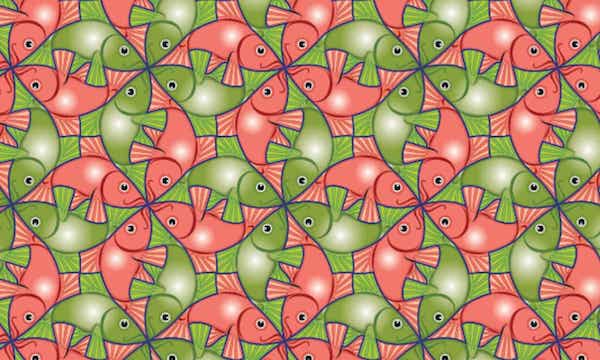
David Bailey, a British tessellation artist, believes that Nicolas is the best tessellation artist in the world. “His work has everything, recognisable silhouettes, quality, variety, number, level of innovation, next to no padding, and all rendered to a most pleasing standard of finish. Bravo, Alain!” Nicolas has – like Escher – no background in maths, but says all that is required is a sense of wonder and a desire to always do better. Here is a self portrait, sitting in a bar, reading his own book, and calling the waiter with his finger.
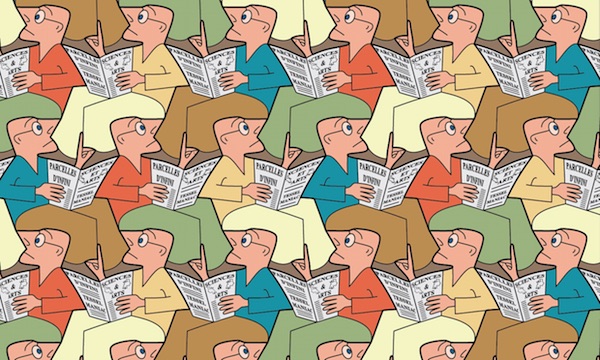
Read more …

